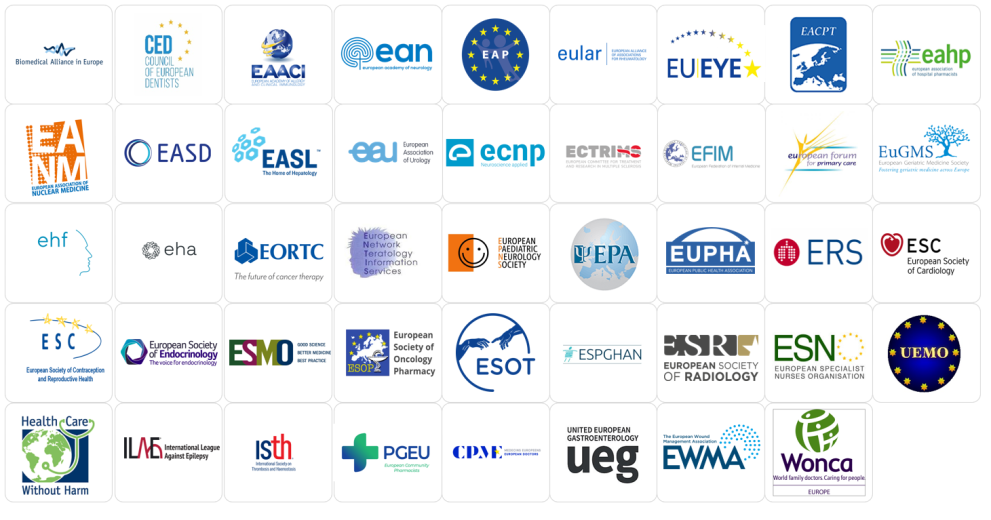Eligible healthcare professionals' organisations
The European Medicines Agency (EMA) engages with a network of over thirty eligible organisations ensuring that the needs and concerns of a wide range of healthcare professionals across Europe are represented via direct contact with the EMA.
HumanGovernance
